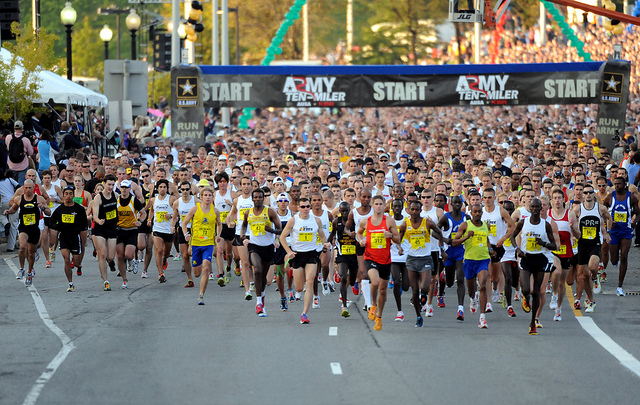 Just starting the private domestic adoption process? Looking for ways to succeed quickly?
Just starting the private domestic adoption process? Looking for ways to succeed quickly?
Sorry, you won’t find any secrets or shortcuts here. But if you thought you could buy your way to success, think again. Finding a match by outspending other hopeful adoptive parents is one of the (many) misconceptions about private domestic adoption. And it’s one that came up again this afternoon when I clicked on this headline in my news feed: “Time for adoption reform is now.”
I’m all for adoption reform. You probably are, too. So when I found the link I figured I had found a kindred spirit. It took me to an op-ed piece from a community newspaper in Kansas. Turns out, the writer is no stranger to the subject. In addition to being a university professor, Chapman Rackaway is an adoptee and a hopeful adoptive parent.
Chapman has kind words about his adoption experience, saying he felt blessed about being adopted as a baby. But what he has to say about the state’s foster policies isn’t so generous. And yet, as I read his comments about overhauling the system in order to make fostering an option for more families, I couldn’t agree with him more.
But when he got to the part about private domestic adoption, he lost me:
In many domestic private adoptions, the more money you bring, the greater your likelihood of being chosen as adoptive parents. The ability to care for and parent a child is secondary. The way to the front of the adoption line is cash…At present, the line between the private domestic adoptions and baby selling is appallingly thin.”
Yes, he’s right in saying that adopting through the private system is expensive. And yes, if you don’t have the financial resources, the system is off-limits to you, no matter how deserving and qualified you may be. But as someone who has gone through the process, my experience couldn’t be more different from the one he describes.
Yes, there were a lot of expenses. But they didn’t get my wife and me to the front of the line. They went to state-licensed professionals whose primary job was to make sure we played by the rules. And one of those rules was that we had to wait for our turn. And wait we did — oh, did we ever — along with all of the other waiting parents. (Let’s be honest, waiting parents aren’t called “waiting parents” for nothing).
And it sure wasn’t as if any of our adoption professionals ever suggested that paying a little extra could get us to the front of the line. Just like anyone who goes through the adoption process, whether it be through the private or public system, we had to jump through our share of hoops and show that we were ready, willing and, above all, able to become adoptive parents. Our ability to parent a child was always primary, never secondary.
I realize Chapman is just trying to make a point and I wish him luck in his efforts to get the public process reformed. And while there are a lot of things wrong with the private process, the ones he focuses on don’t reflect our experiences or the experiences of other adoptive parents that I know.
What do you think — can cash get you to the front of the line in private domestic adoption? Have you ever heard of a case where a couple got matched because it offered more money? What do you think is the best way to be successful in private domestic adoption? Please leave your comments in the section below.
(Photo credit: familyfwr)
